1. Sleeping with Windows Open Invited Evil Spirits
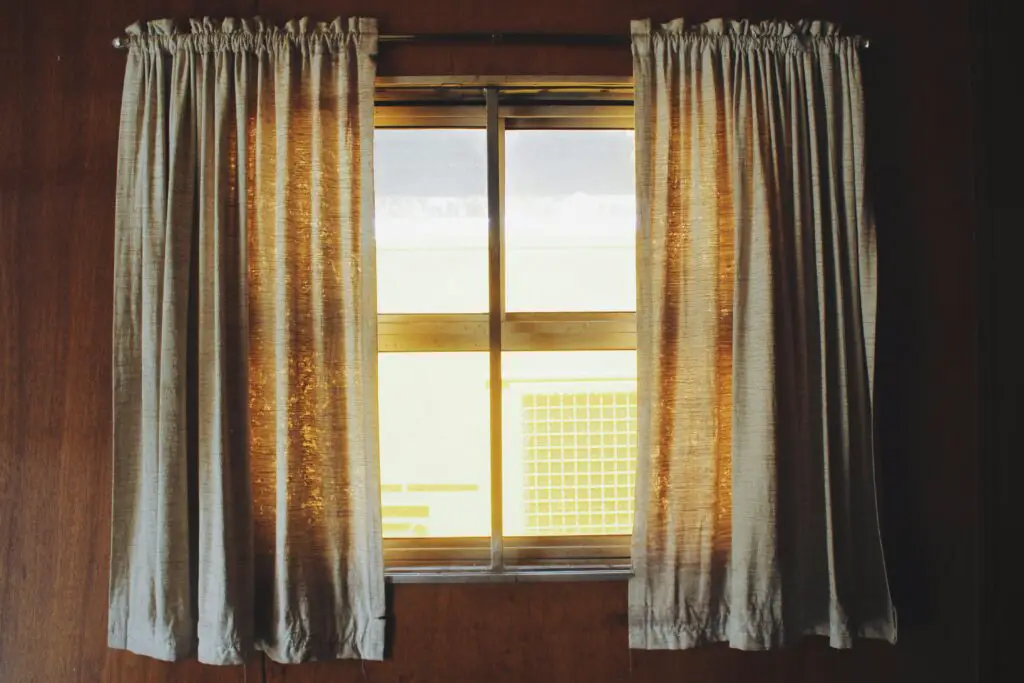
Many people once believed that keeping a window open at night wasn’t just a health hazard, but an invitation for spirits or thieves to sneak in. Parents would warn children that a draft was not only bad for colds but might let in something supernatural. This fear led to tightly sealed bedrooms, even in hot summers, when a breeze would have been a relief.
The idea that air itself was dangerous gave rise to all sorts of nighttime rituals. People burned herbs or placed protective charms near the bed to “cleanse” the air. Even though we now know ventilation is healthy, old habits made folks feel safer when things were tightly shut. Comfort often came more from superstition than science.
2. Midnight Snacks Would Bring Nightmares

For years, kids were told that eating before bed would lead to bad dreams. Parents swore that a slice of cake or a glass of milk too late at night would send imaginations spiraling into terrifying visions. This myth was often used to keep children from raiding the kitchen after dark.
In reality, heavy or spicy food might disturb digestion and cause restless sleep, but there’s no proof of guaranteed nightmares. Still, the connection stuck in many households. The idea shaped bedtime routines, with evening meals kept light and kitchens declared off-limits after a certain hour. It was a blend of discipline and superstition disguised as health advice.
3. Positioning the Bed the Wrong Way Invited Bad Luck

In some traditions, it was believed that the way a bed faced could dictate your fortune. For example, pointing your feet toward a door was thought to mimic the way bodies were carried out at funerals. Families arranged their bedrooms carefully, fearing illness or misfortune if they ignored this rule.
This led to whole households redesigning furniture just to avoid bad omens. Even moving into a new home meant consulting elders about the safest way to position beds. While interior design has its own modern logic, back then, people truly thought their well-being hinged on a headboard’s direction. It made bedtime into a ritual of aligning luck.
4. Waking at 3:00am Meant Trouble
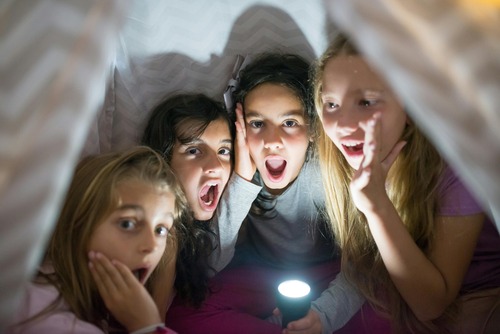
The so-called “witching hour” at 3:00am was believed to be a dangerous time to wake. If you happened to stir from sleep then, it was taken as a sign that evil forces were at work. People feared that waking in the middle of the night left them spiritually vulnerable.
This belief meant that some avoided clocks or even covered them up to reduce the stress of noticing the time. Others would recite prayers or repeat protective rituals if they woke during that hour. Today, we chalk it up to natural sleep cycles, but long ago, it was a scary reminder that bedtime wasn’t always peaceful.
5. Cutting Nails Before Bed Attracted Bad Luck

An old superstition claimed that trimming your nails before bedtime could shorten your life. Some cultures believed it would also invite financial ruin or illness. It sounds strange now, but the practice was avoided so strongly that many made it a daytime-only task.
This shaped nighttime routines, with grooming forbidden after sundown. Families passed this rule along, and even those who didn’t fully believe still avoided testing it. While it was likely just an old wives’ tale to discourage using sharp tools in dim candlelight, the myth endured. Safety and superstition often blended into one.
6. Sleeping Under a Full Moon Was Dangerous

There was once a fear that lying under moonlight while you slept could harm your health. Some said it would make you go mad, while others claimed it drained your energy. Curtains were drawn tightly when the moon was bright, especially for children.
These beliefs led people to treat moonlit nights with caution. Mothers might scold children for leaving shutters open, while travelers avoided sleeping outdoors. It was a way of explaining the unknown effects of light on the body. Today, science tells us moonlight is harmless, but the glow was once treated with suspicion.
7. Sleeping Too Long Would Weaken You
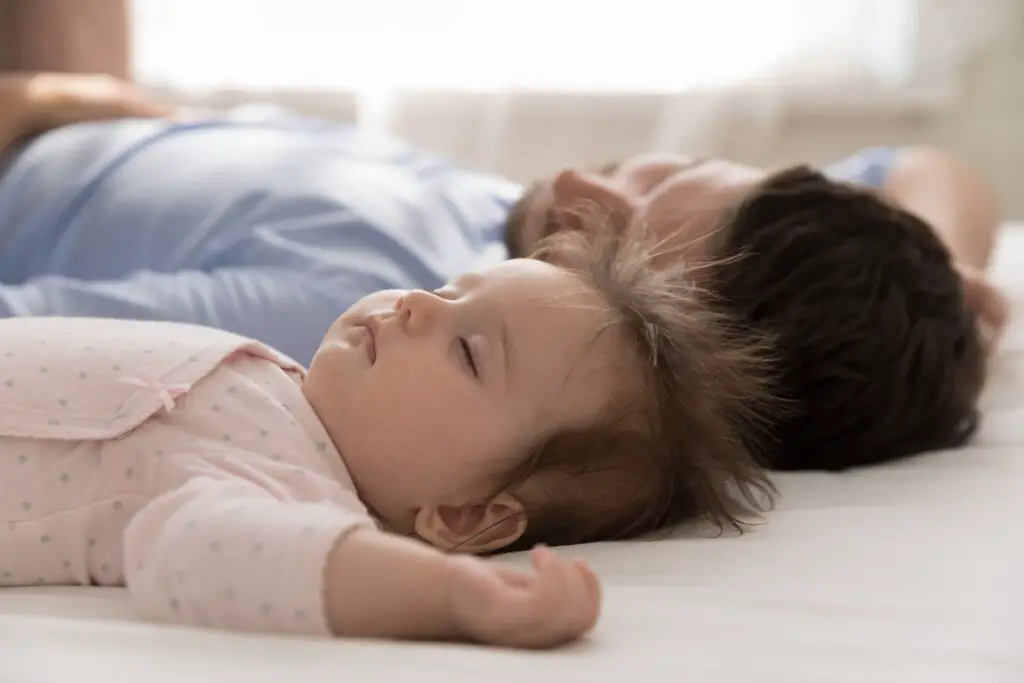
In some households, oversleeping was considered a sign of weakness or laziness. The idea was that too much sleep drained energy rather than restored it. Parents urged children to rise with the sun, warning that lingering in bed could make them sickly.
This myth kept mornings strict, with families believing health depended on discipline. Early rising was tied to productivity and strength, so even those who were tired pushed themselves out of bed. While we now understand that different bodies need different amounts of rest, this old belief made sleeping in a guilty pleasure.
8. Holding in a Yawn Could Harm You
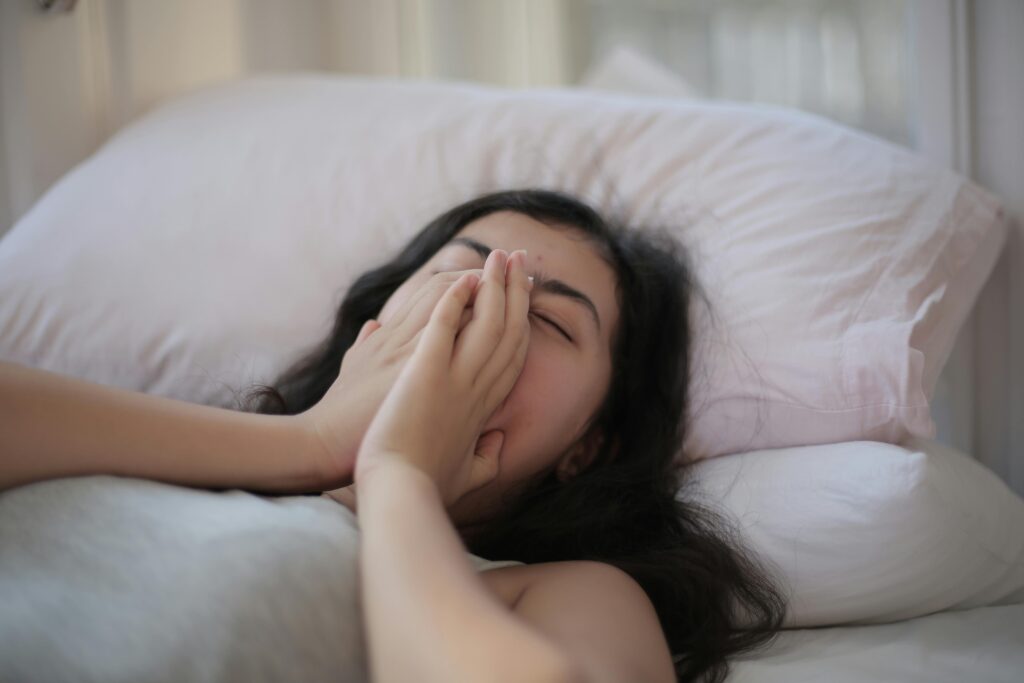
Yawning before bed was once thought to open the body up to spirits. If you failed to cover your mouth or if you stifled a yawn, bad luck or illness could enter. Children were reminded constantly to “cover that yawn” not just for manners, but for safety.
This created small but meaningful habits at bedtime. People developed routines of blessing someone who yawned, hoping to ward off harm. While today it’s just polite courtesy, the custom had a much deeper fear behind it. It shows how even natural reflexes could take on supernatural weight.
9. Leaving Shoes by the Bed Invited Mischief
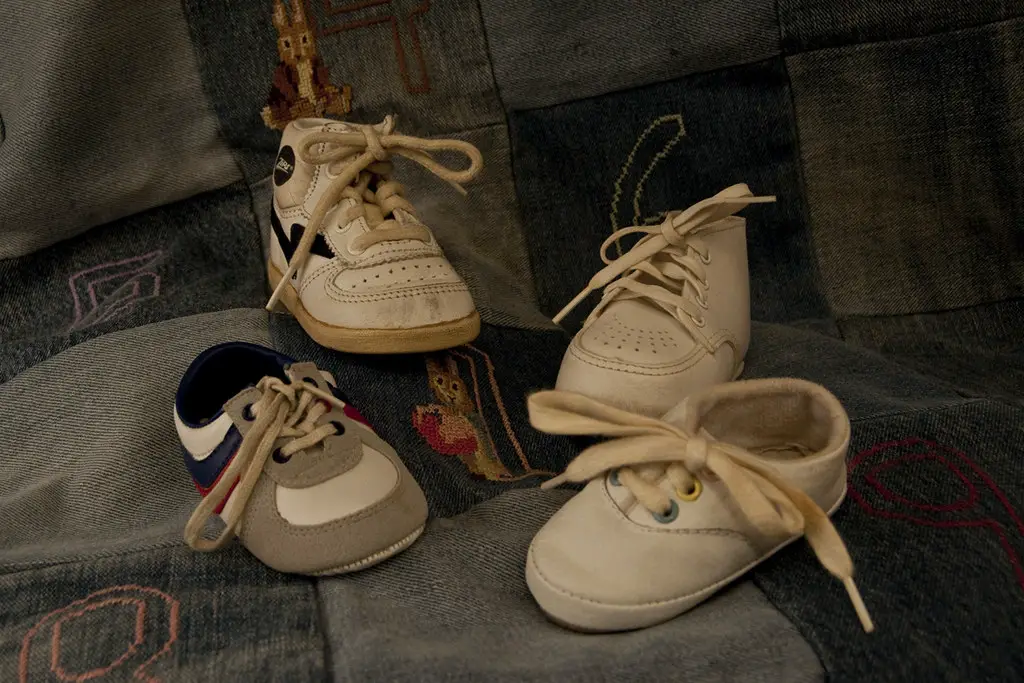
Some believed that placing shoes next to the bed could invite bad dreams or even attract unwanted spirits. Shoes were thought to carry the day’s energy, and bringing that into sleep hours was dangerous. As a result, many insisted that shoes be put away before bedtime.
This shaped evening rituals in households, especially where traditions emphasized cleanliness and order. Shoes were lined up neatly by doors or taken outside altogether. The rule might have started as simple hygiene, but it gained a layer of superstition. It turned tidying up into a ritual of protection.
10. Counting Sheep Could Bring on Luck
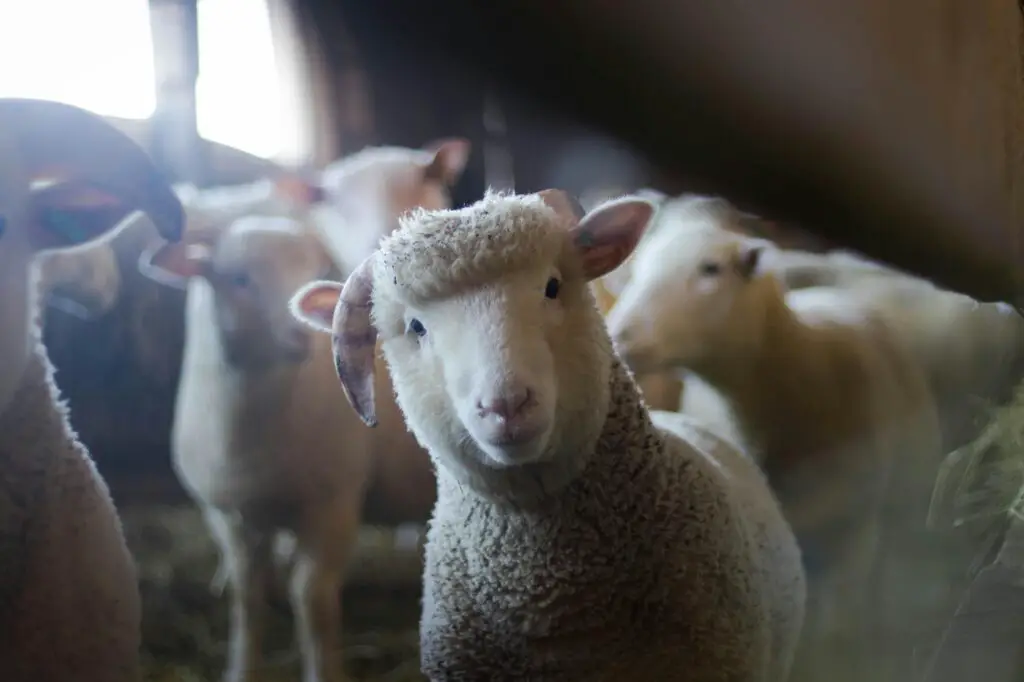
The practice of counting sheep to fall asleep wasn’t always just about boredom. Some cultures believed it could actually bring fortune or keep nightmares away. Reciting numbers while imagining flocks was thought to guide the mind into safe rest.
This belief encouraged bedtime stories and mental exercises as part of nightly routines. Parents taught children the method not just to soothe them, but to protect them. While today we see it as a quirky trick for sleep, once it was considered more magical. The mind was thought to be vulnerable, and counting sheep was like a shield.
11. Never Wake a Sleepwalker
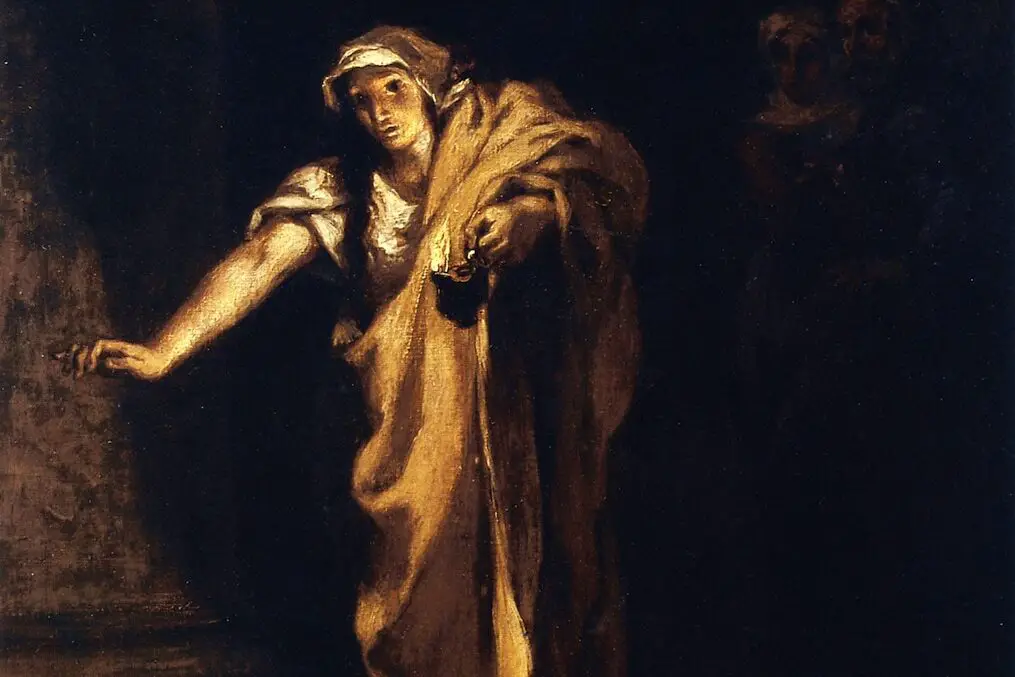
Sleepwalking carried heavy superstition. It was believed that waking someone mid-walk could cause madness or even death. Families tiptoed around sleepwalkers, guiding them gently back to bed instead of shaking them awake.
This myth created a sense of fear around the condition, with sufferers treated almost like fragile dreamers. In reality, waking a sleepwalker may cause confusion, but it isn’t fatal. Still, the warnings made sleepwalking seem mysterious and dangerous. It added an eerie layer to bedtime routines in households where it happened.
12. Dreaming of Teeth Falling Out Predicted Death
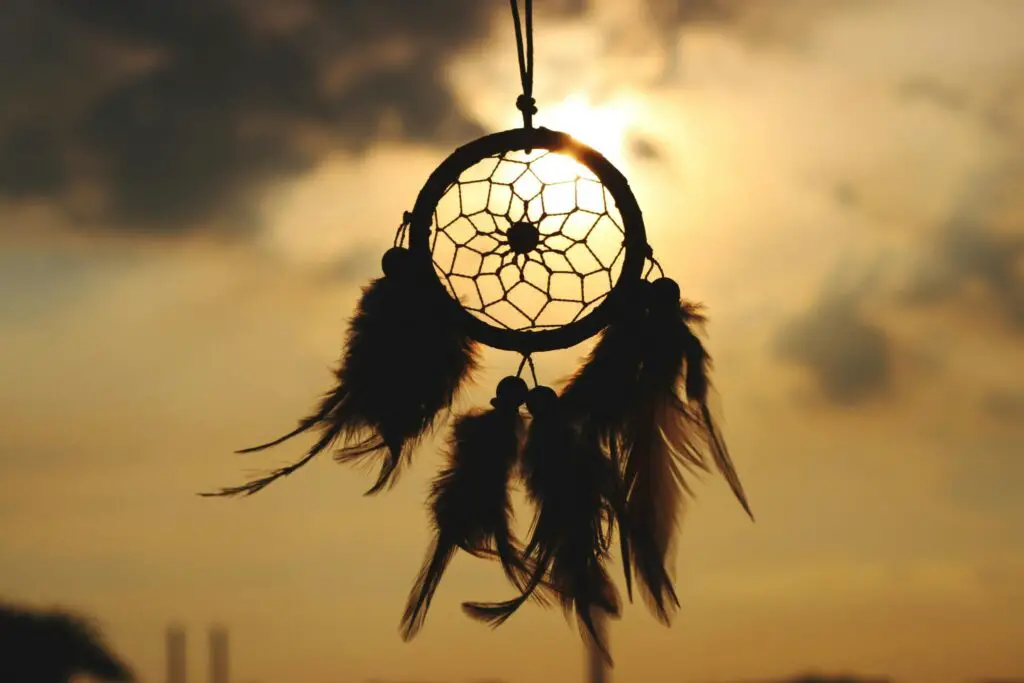
For centuries, dreams were seen as messages, and one of the scariest symbols was losing teeth. If you dreamed of it, elders said it meant someone close to you would die. This made waking from such dreams a terrifying experience.
The belief shaped how people viewed their dreams, treating them almost like warnings. Some would perform small rituals the next day to ward off tragedy, like burning herbs or saying prayers. Bedtime became a time not just for sleep but for hoping dreams stayed kind. While psychologists now explain dreams differently, they were once loaded with fear.
13. Sharing a Bed Could Spread Thoughts
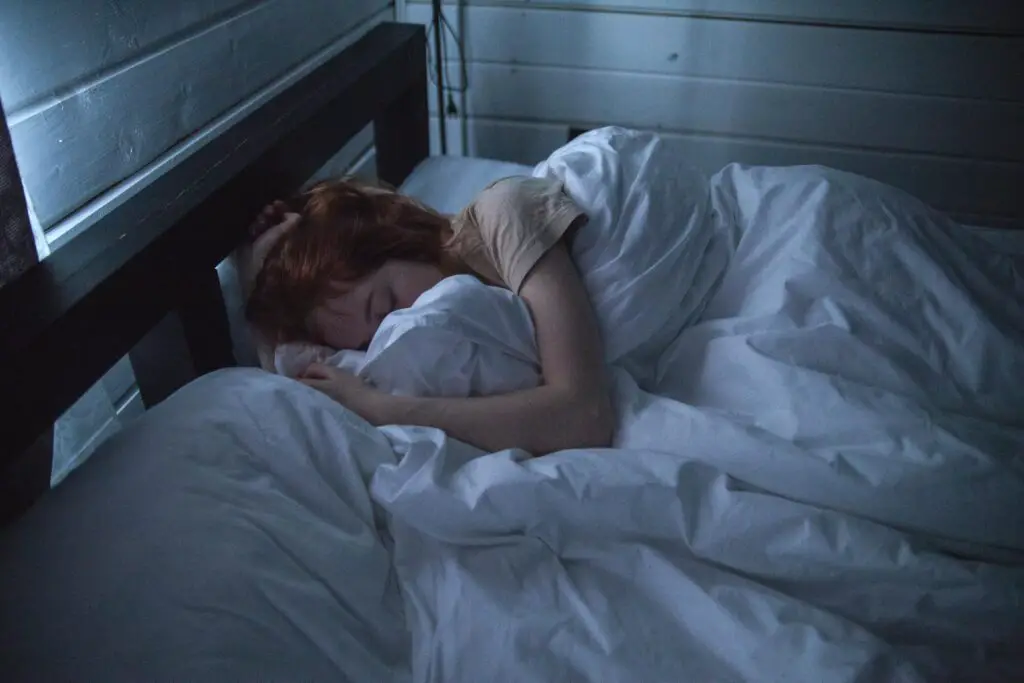
In some places, it was said that sleeping too close to someone meant your dreams might mix. Children were told not to share beds unless necessary, as it could lead to confusion or even illnesses of the mind. The idea was that sleep blurred the line between one soul and another.
This influenced family sleeping arrangements, especially in homes where space was tight. Parents made efforts to separate children, even if only by a thin curtain or sheet. The belief highlighted how mysterious dreams seemed to people. It turned something as simple as sharing a blanket into a potential hazard.
14. Sleeping With Wet Hair Invited Illness
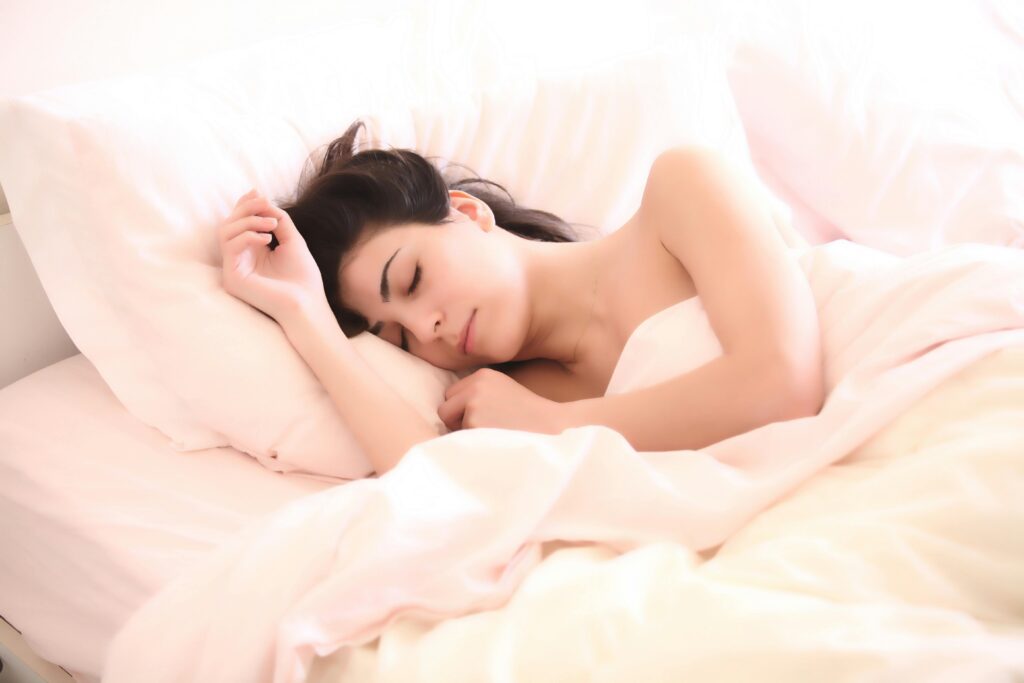
One myth that lingered for decades was the idea that going to bed with wet hair would make you sick. Parents warned children that damp pillows and blankets would cause colds or worse. The belief was so strong that many avoided nighttime baths altogether.
This routine shaped evening schedules, with families preferring morning washes or making sure hair was dry before lights out. Towels and hair-drying rituals became part of the bedtime process. While colds are caused by viruses, not wet hair, the myth was passed down for generations. It was a mix of caution and convenience that became tradition.
